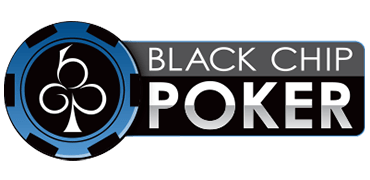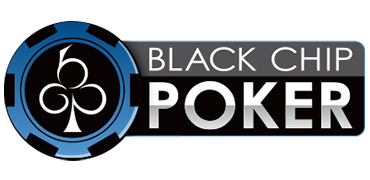Most people who play poker professionally will confirm that the game is fun, but not an easy job. It consists of sessions at the poker tables but also of work and analysis, during which you need to find and eliminate errors.
This guide explains how to correctly start poker analysis, why it is needed, and why it is impossible to achieve a positive result without this kind of independent work.
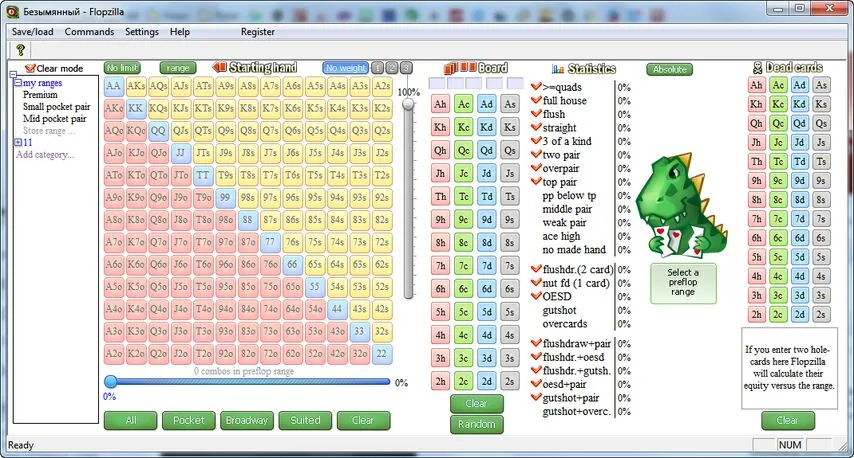
How to Analyze Your Game
While playing, most poker rooms allow you to save your hand history. It will be useful for subsequent analysis in one of the poker trackers, the most popular:
For example, you can analyze the following kinds of poker hands:
- The most interesting and complex. During the session, you mark the hands that you found challenging or interesting. During the training process, you return to them and analyze them.
- The largest pots. In this case, large lost pots are more important than large won pots. It is important to pay special attention to plays that develop postflop. However, preflop plays need to be analyzed to make sure you are good at push-folding.
As you play, the trackers will scoop up all of the results and information it sees. Later, you can replay the poker hand and if needed, make adjustments.
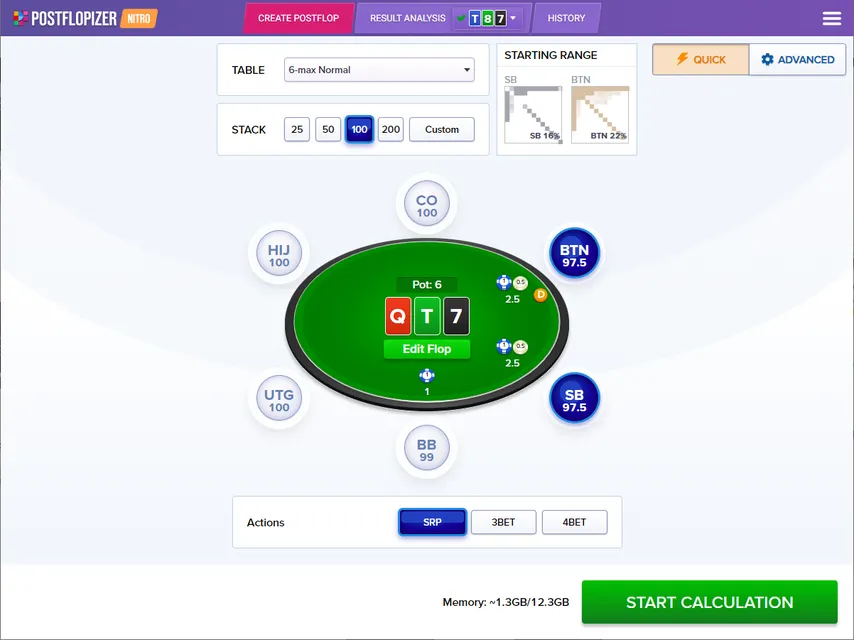
We stock all of the modern poker tools that professionals, regulars, and up-and-coming beginners could need. To start, try a free trial of apps like FlopZilla. Over the first few days, experiment with the tool and see if you discover anything surprising about your game.
This is a universal tool because it can improve your postflop play but also teach you how to think in ranges. Professionals note that this is a key skill for every player who wants to succeed in poker.






What Is a Poker Tracker?
In the poker world, trackers are poker tools that perform several functions at once:
- Maintains a database, allowing you to return to the hands of interest at any time.
- Displays statistics on opponents, providing a tangible advantage over poker players who do not use software or poker tools.
- Convert data from tables into graphs, making analytics more visual.
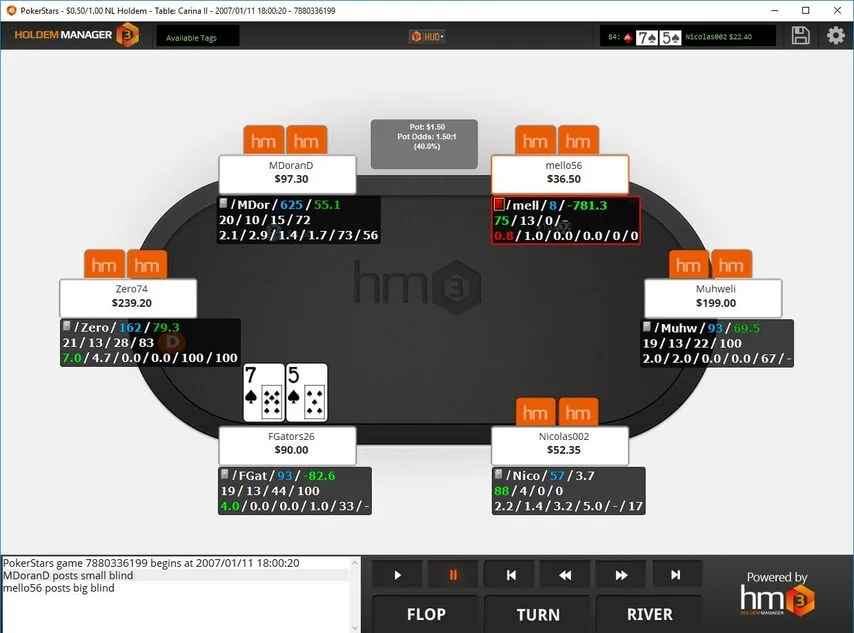
It is difficult to imagine a professional who does not use auxiliary software (although there are a few). Please note that in some poker rooms you cannot use software during the game. For example, on GGPoker.
888poker, RedStar Poker, and ACR Poker allow heads-up displays on their tables.






How to Learn to Play Poker Better
Poker players don’t just use trackers to analyze a poker hand. For example, there is one incredibly popular program that has helped thousands of poker players – FlopZilla.
On GipsyTeam you will find many articles written about about this, such as how to learn to play poker or how to play poker for money. But there are still several effective ways to improve your game and understanding of poker. We share the most popular and accessible ones.
Reading Books and Watching Videos
Many beginners first start looking for useful information in poker books. However, paying attention to literature that was published 15 or 10 years ago will rarely be advisable. The game does not stand still and old strategies quickly become outdated. However, you can learn basic poker concepts (combinations, basic mathematics) from there.
Communication With Other Players
An important part of developing in poker is communicating with like-minded people. Not every person in his immediate circle will have people closely associated with the world of poker.
Practicing With Freeroll Tournaments on Various Poker Rooms
Playing freeroll tournaments on different online poker rooms is an excellent way to gain valuable experience and improve your poker skills without risking any money.
Freerolls also provide an ideal environment to practice specific aspects of tournament strategy, such as the importance of maintaining a healthy stack size, the timing of aggression, and the adjustments needed as the tournament progresses. Use these tournaments to experiment with different strategies and refine your approach based on the results.
Another valuable aspect of playing freerolls on various poker rooms is the exposure to a wide range of player tendencies and skill levels. Observe how players react to different situations, such as preflop raises, continuation bets, and all-in moves. Identifying and categorizing player types can help you make more informed decisions when faced with similar opponents in the future.
To maximize your learning experience, consider keeping a poker journal or using poker tracking software to review and analyze your hands after each tournament. Reflect on key decisions, identify mistakes, and note any insights gained about your opponents. By consistently practicing and studying your play across multiple freeroll tournaments, you'll be better prepared to tackle real-money events and continue your growth as a poker player.
- Increased first deposit bonus
- Increased rakeback and reloads
- Help with deposits and cashouts
- Access to private freerolls
- Round-the-clock support



















